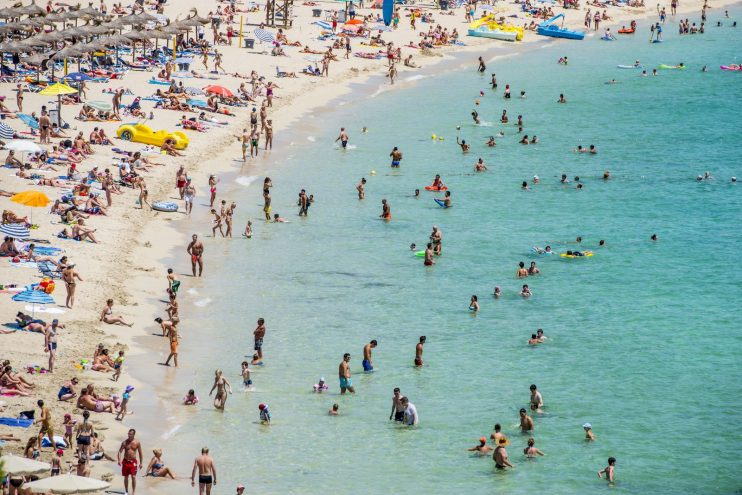What’s the latest for Brits’ summer holiday hopes?

With the UK’s vaccination programme continuing apace, sun-starved Brits are getting more and more excited about the prospect of getting out of the country this summer.
But in recent days the government has attempted to pour cold water on travel hopes, with multiple ministers warning it is “too early” to book holidays abroad.
They are concerned about rising Covid-19 case numbers across Europe, which is lagging behind the UK in terms of vaccinations.
The revelation that MPs would this week vote to make plans to give the government the power to impose fines of up to £5,000 on people trying to leave the country for non-essential purposes before the end of June has also triggered a backlash.
Nevertheless, the aviation industry insists that nothing has changed with the initial timeline for restarting international travel from 17 May.
A number of European countries, such as Cyprus and Greece, have said they will welcome UK tourists from that date.
The process is due to kick off on 12 April, when the government’s Global Travel Taskforce is meant to provide its recommendations as to how ministers can get foreign travel going safely.
However, Boris Johnson yesterday suggested that we might get a preview of the group’s work seven days earlier, on 5 April.
“We’ve heard already that there are other European countries where the disease is now rising so things certainly look difficult for the time being but we will be able to say more we hope in a few days’ time, I certainly hope to say more by April 5”, he said last night.
Before the Open: Get the jump on the markets with our early morning newsletter
The group is understood to be mulling a traffic light system, with differing levels of restrictions for countries according to Covid risk levels.
Those on the green list would allow travel without restrictions – as was the case with last autumn’s travel corridors.
Those on the amber list are expected to remain open for travel, but with restrictions. These could include self-isolation at home, or the requirement for testing.
Then, it is understood, there will be “red list” countries, where travel is banned but for essential purposes. Currently, there are over 30 countries on this list, with more expected to be added.
At the moment, anyone who returns from a country on this list must quarantine in a hotel for 10 days at their own expense, and take three Covid tests.
It has been suggested that the whole of Europe could be added to that list, although ministers have held off on this so far.
The taskforce, which is being led by the Department for Transport, is also believed to be considering vaccine certification as a way of enabling travel.
Such a system has already been proposed by the EU, which said it would take about three months to come into effect.